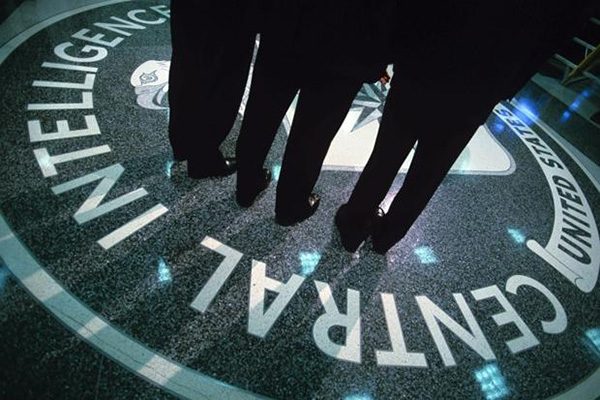In the vast tapestry of American history, there are certain chapters that remain obscured, concealed beneath layers of secrecy. Among them, the haunting saga of the Chicago CIA black site casts a chilling shadow. This clandestine facility, shrouded in darkness, became a symbol of the covert operations undertaken by the Central Intelligence Agency (CIA) on American soil. In this article, we delve into the enigmatic world of the Chicago CIA black site, unearthing its chilling details and leaving us with a profound sense of disquiet.
Unmasking the Black Site
Situated amidst the bustling streets of Chicago, the black site was a grim manifestation of the post-9/11 era. Operating between 2001 and 2009, this secret detention facility served as a hub for the interrogation and alleged torture of suspected terrorists. Often referred to as “Homan Square,” this innocuous-sounding location concealed the darkness that unfolded within its walls.
Inside the black site, detainees were held without charge, legal representation, or any semblance of due process. Reports have emerged detailing the use of controversial and inhumane interrogation techniques, such as waterboarding, sensory deprivation, and prolonged stress positions. The very existence of the site was shielded from public knowledge, rendering it a lawless domain where the rules of human decency seemed to be suspended.
The Veil of Secrecy
The Chicago CIA black site epitomized the erosion of civil liberties and the erosion of fundamental rights, all in the name of national security. It operated under the radar, beyond the reach of legal oversight or public scrutiny. This dark cloak of secrecy allowed the facility to evade accountability and perpetuate a culture of impunity.
The chilling secrecy surrounding the black site extended beyond its operations. Whistleblowers who dared to shed light on the abuses within faced retaliation and threats, further perpetuating the sinister grip of silence that enshrouded the facility. The walls of the black site seemed impenetrable, impervious to the cries of the voiceless detainees confined within.
Conclusion
As we confront the truth behind the Chicago CIA black site, it is impossible to escape the ominous implications it bears on our collective conscience. The existence of such a facility, operating on American soil, calls into question the very values upon which the nation was founded. The systematic erosion of human rights, the abandonment of legal protections, and the dehumanization of individuals challenge the moral fiber of society.
The Chicago CIA black site stands as a stark reminder of the dangers inherent in the unchecked power of intelligence agencies and the all-consuming drive for national security. It underscores the urgent need for transparency, accountability, and respect for the rule of law. By facing the darkest corners of our history, we can strive for a future that upholds justice, empathy, and the unyielding protection of human dignity.
As we reflect upon the Chicago CIA black site, may it serve as a haunting call to action, urging us to be vigilant in safeguarding our freedoms and ensuring that the pursuit of security never tramples upon the principles that define us as a society.




